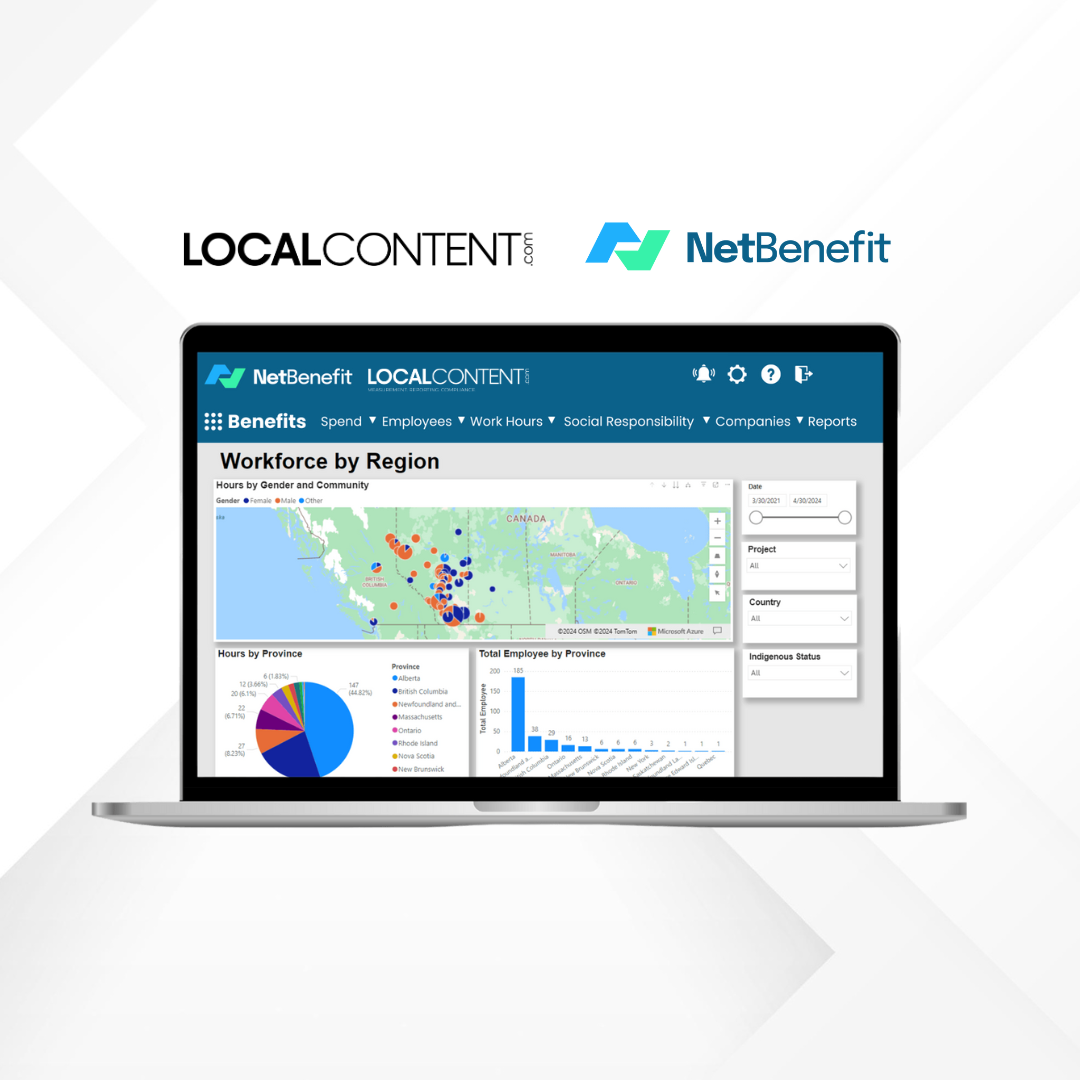An RFI, or Request for Information, is a formal process used by organizations, including governments, businesses, or project developers, to gather information about potential suppliers, products, services, or solutions before moving forward with a project. The RFI process helps decision-makers understand what is available in the market, identify potential vendors or contractors, and determine if their needs can be met effectively. RFIs are commonly used in early project planning stages to explore options and evaluate the capabilities of various providers without making any commitments.
An RFI typically includes a set of questions or requirements that potential vendors must respond to. The questions might ask about the company’s experience, qualifications, services offered, or how they would approach a specific task. Responses to an RFI provide valuable insight, allowing project owners to refine their needs and move on to more formal procurement steps like Requests for Proposals (RFPs) or Requests for Quotes (RFQs).
In the context of local and domestic content compliance, RFIs are a key tool for gathering information to ensure that projects meet requirements related to hiring local businesses, creating local jobs, or investing in community benefits. For example, an RFI can help identify local subcontractors who meet project criteria or assess the availability of resources in the project’s location.
RFIs benefit all parties involved in the project. For project owners, they provide clarity on the market’s ability to meet requirements and help avoid delays. For suppliers, they offer an opportunity to showcase their qualifications and gain visibility for future opportunities.
Why Are RFIs Important to Local and Domestic Content Compliance?
- Identifying Local Suppliers and Workforce:
RFIs help project developers identify local businesses and workforce resources to meet local content requirements. By asking targeted questions, project owners can determine the capacity of local vendors and ensure that the project creates meaningful economic benefits for the surrounding community. - Ensuring Transparency and Accountability:
Using RFIs promotes transparency by clearly outlining the information needed to comply with local and domestic content policies. This helps all stakeholders understand what is expected, ensures compliance with regulations, and builds trust with the community and policymakers.
By using RFIs effectively, projects can align with bipartisan goals of economic development, job creation, and fair competition, while supporting businesses and communities at the local level.








